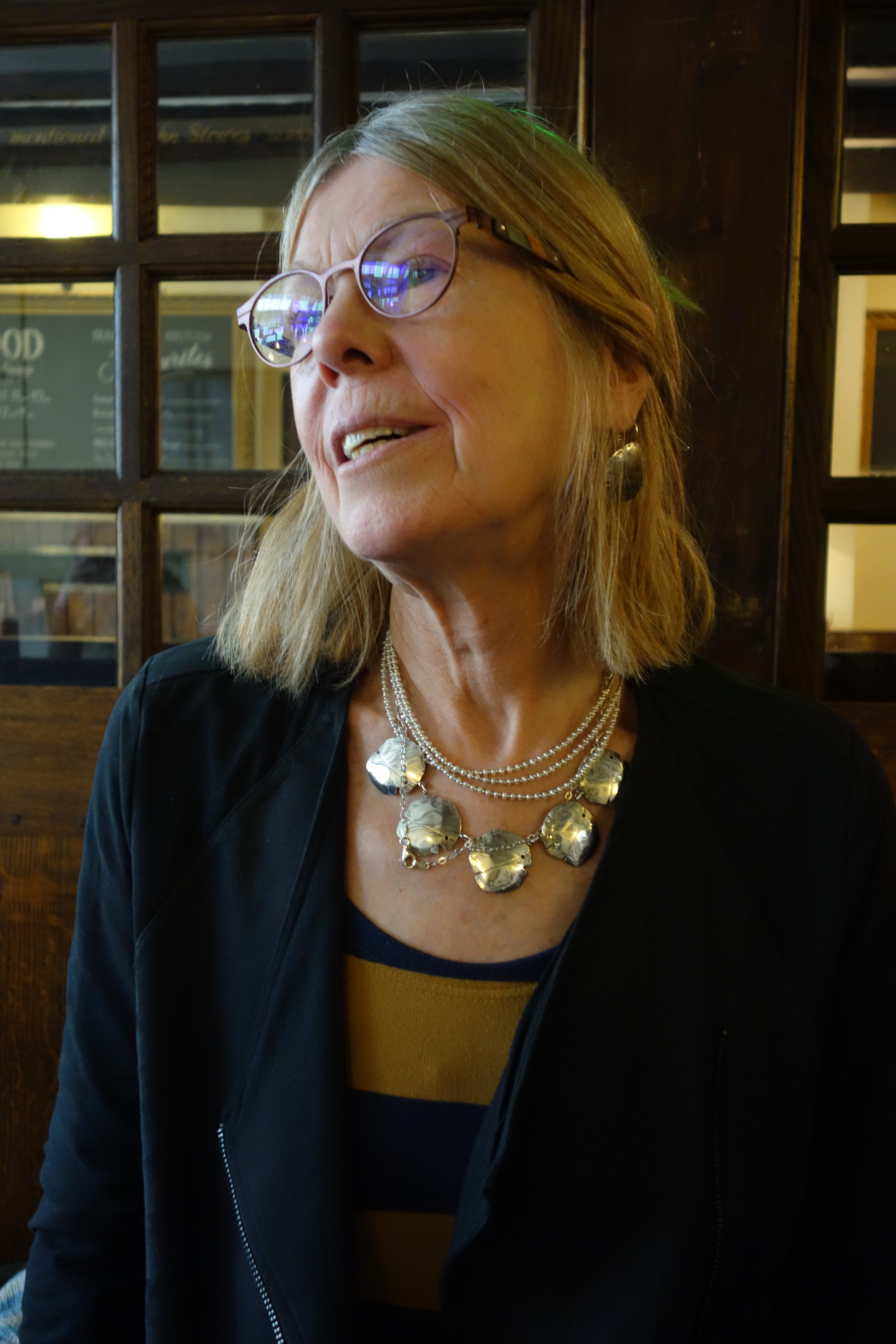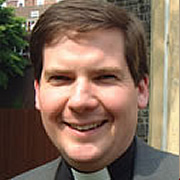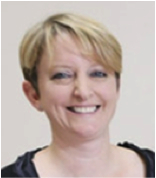Researchers from the UK
have just reported in the Postgraduate Medical Journal that unrecognized heart
problems are surprisingly common in apparently healthy middle-aged people.
The study used standard
heart scans by echocardiography to look at heart valves and heart muscle in 362
men and women in England aged 50 – 74 years without known heart disease. 178 -
almost half - had abnormalities of a valve or muscle or irregular heart
beat. Many had more than one cardiac abnormality.
 |
| Echo machine with image of the heart |
Premature cardiovascular disease in a leading
cause of death in the western world.
Despite the decline in the rates of mortality, largely due to reduction
of deaths from ischaemic heart disease, cardiovascular disease remains an
important cause of death. This is at least partly related to the fact that a
number of patients with cardiac conditions remain largely undiagnosed and
present late in the natural history, missing the window where maximum benefit
could be offered with timely intervention.
Study author
Cardiologist Constantinos Missouris said:
“Patterns of heart disease are changing, with rheumatic heart disease becoming less
common but an increase in rates of degenerative valve disorders, heart failure
and serious arrhythmias such as atrial fibrillation. Our
study shows that unrecognised cardiac abnormalities are very common in
middle-aged men and women with no overt symptoms. Echo offers a simple way to
identify the need for early medical intervention.”
Clinical
Pharmacologist Donald Singer and co-author of the study added:
“Finding effective ways to
identify and treat people with unrecognized heart problems is vital to reduce
the risk and severity of preventable heart disease. Our results point to
the need for doctors and patients to be more aware of the risk of heart
problems and how to detect and treat them
Notes for editors
This report refers to the
paper entitled ”Registry report of structural and functional cardiac
abnormalities diagnosed by echocardiography in an asymptomatic population”
published on 19th February 2016 in the Postgraduate Medical
Journal
Postgraduate Medical
Journal is an international medical journal owned by the Fellowship
of Postgraduate Medicine. The PMJ has published papers and reviews on many
of the important medical advances over the past 90 years. The PMJ publishes work on clinical medicine, with the aim
of educating medical professionals, junior doctors, teachers and
clinicians.
The Fellowship of Postgraduate Medicine, founded in 1918, pioneered educational programmes in all branches of postgraduate medicine. The FPM publishes 2 international journals: the Postgraduate Medical Journal since 1925 and Health Policy and Technology since 2012.
Further information
Donald
Singer
President, Fellowship of Postgraduate Medicine, London, UK
Tel. +44 7447 441 666
fpm.chandos@gmail.com
President, Fellowship of Postgraduate Medicine, London, UK
Tel. +44 7447 441 666
fpm.chandos@gmail.com



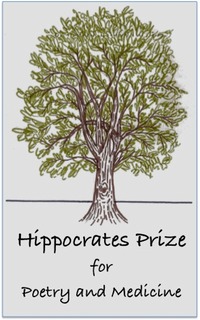


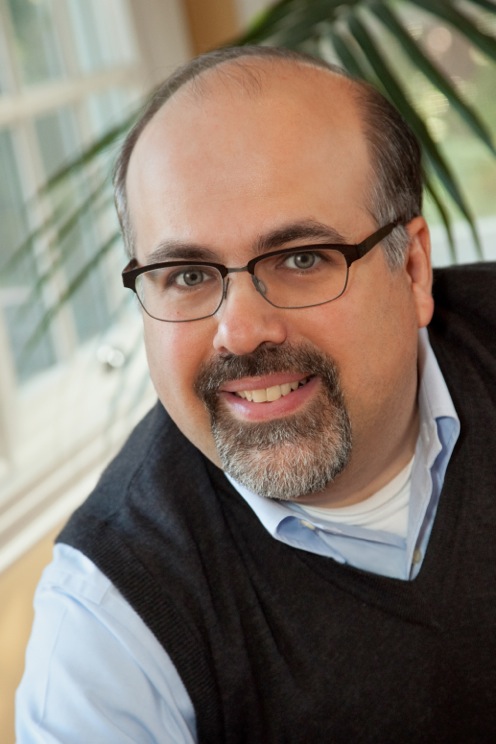 2016 Hippocrates Judges
2016 Hippocrates Judges